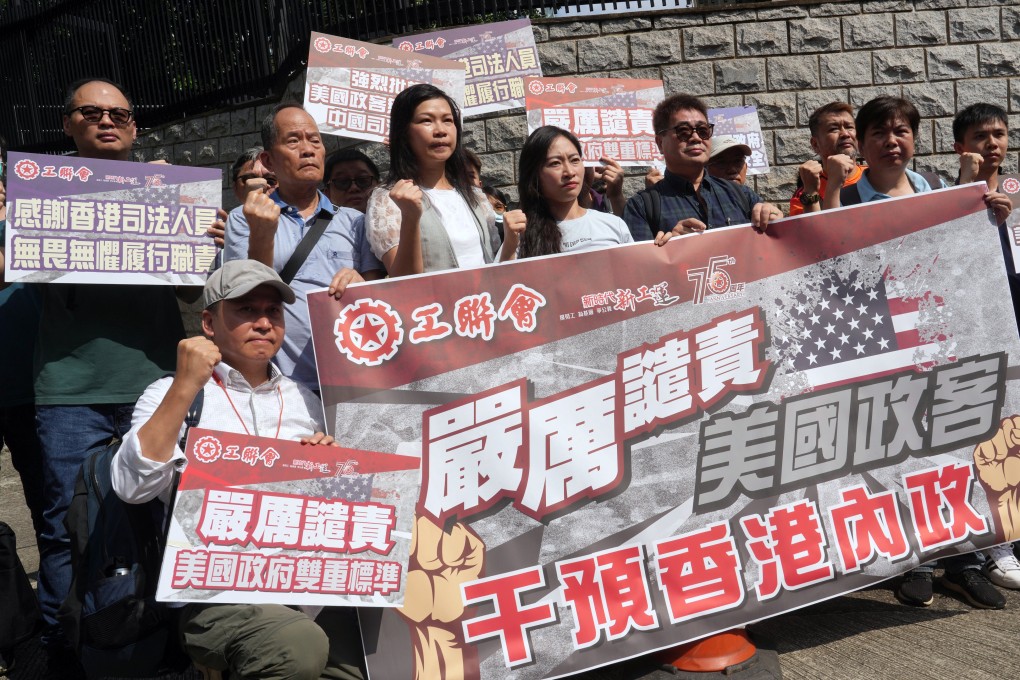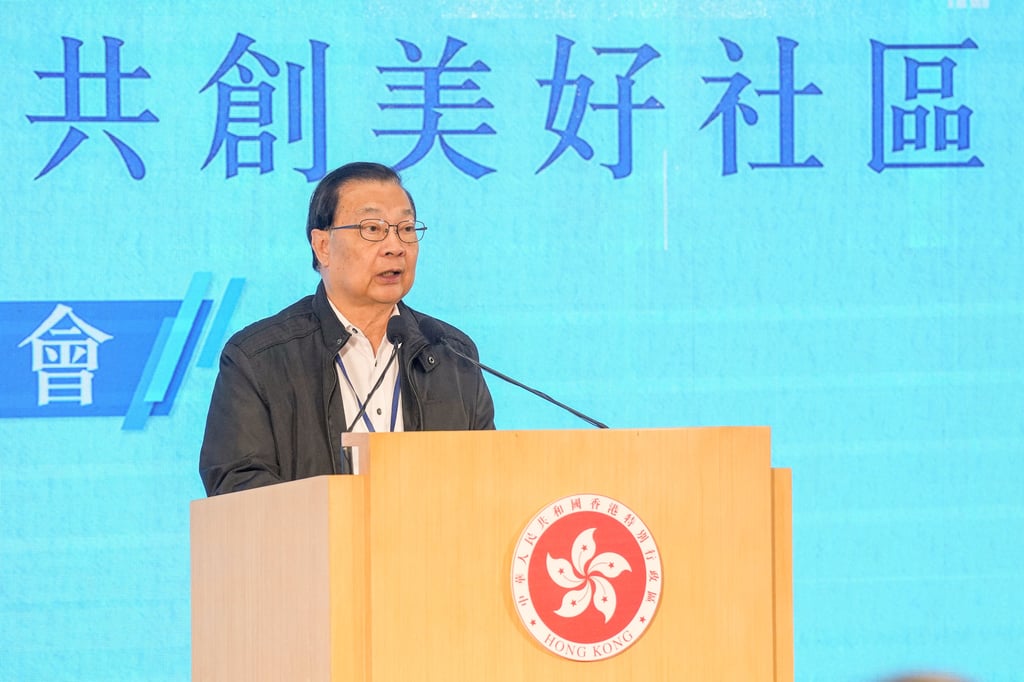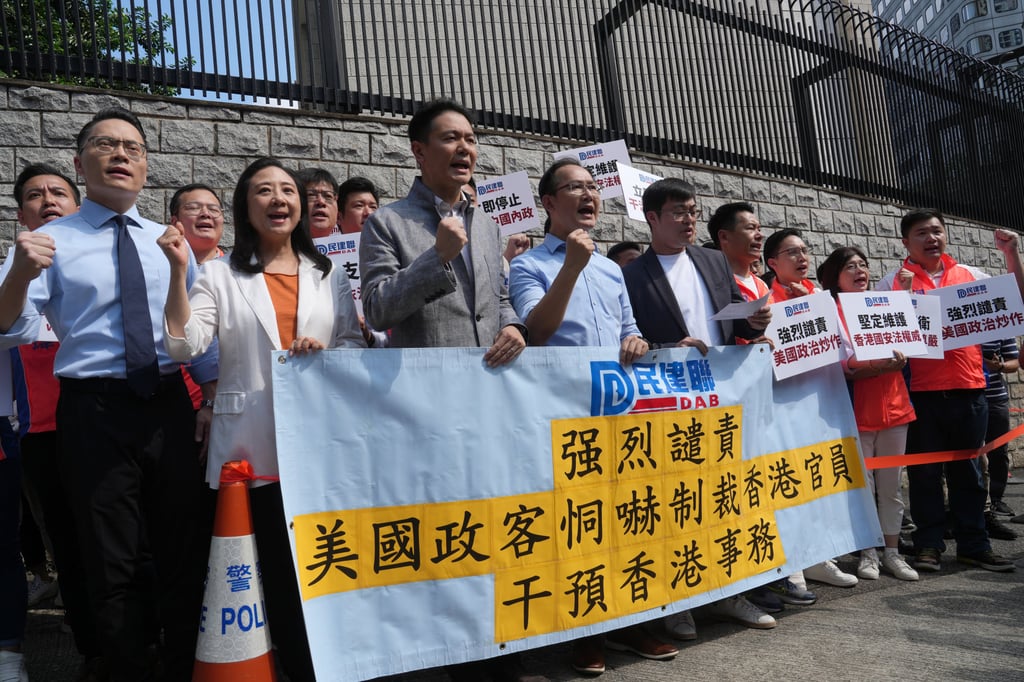Proposed US sanctions against Hong Kong officials may ‘force’ government to transfer national security cases to mainland China, say political veterans
- Political veterans Tam Yiu-chung, Regina Ip and Lau Siu-kai say sanctions may trigger ‘fallback measures’ included in security law for cases to be tried over border
- Bipartisan bill by US congressional members calls for sanctions against 49 Hong Kong officials, judges and prosecutors due to ‘political persecution’ of activists

Tam Yiu-chung, the former sole Hong Kong member to the National People’s Congress (NPC) Standing Committee, the nation’s top legislative body, on Tuesday said the bill might “force” the government to transfer cases to the mainland. US congressional members have proposed sanctions against 49 city officials, judges and prosecutors.
Tam echoed warnings from Regina Ip Lau Suk-yee, convenor of the key decision-making Executive Council, and pro-Beijing heavyweight Lau Siu-kai that the move could trigger “fallback measures” under Article 55 of the Beijing-imposed national security law.

Tam said that unlike what the US thought, the sanctions would “do harm” to certain individuals and cases.
“Although the United States has not implemented the sanctions, it is necessary for the Hong Kong government to be prepared and remind the United States that such a situation may arise,” he said on a radio programme.
Ip on Monday led members of her New People’s Party to protest against the bipartisan bill.

“The provision is already there,” she said, referring to measures under Article 55 of the security law.